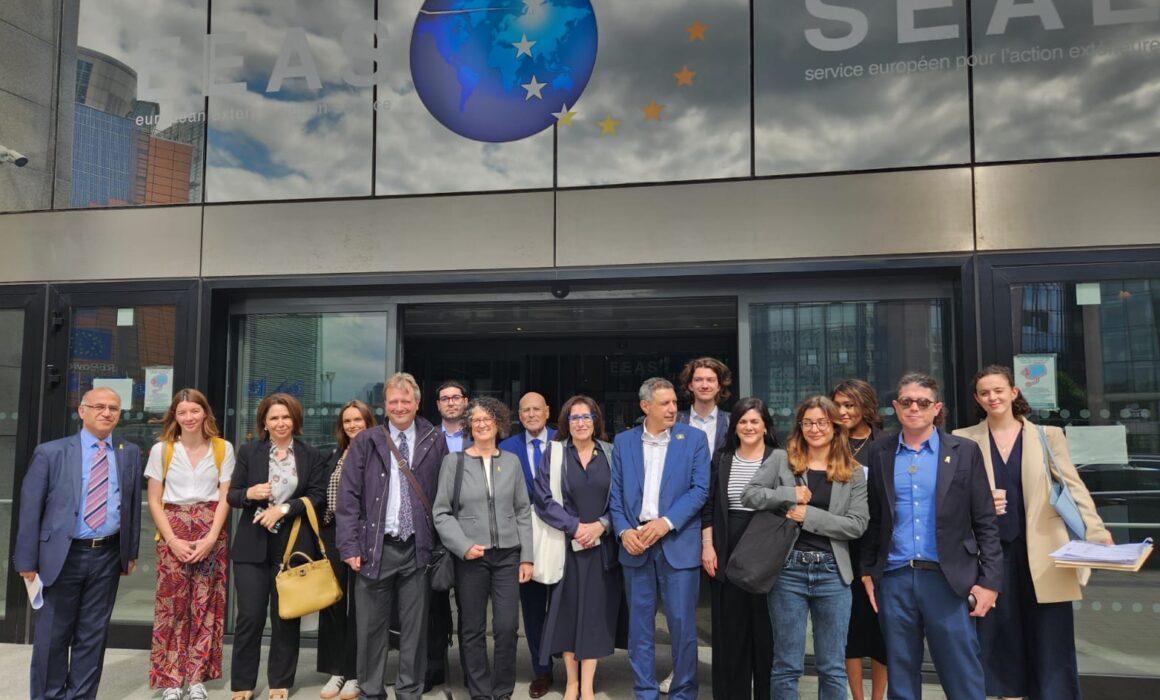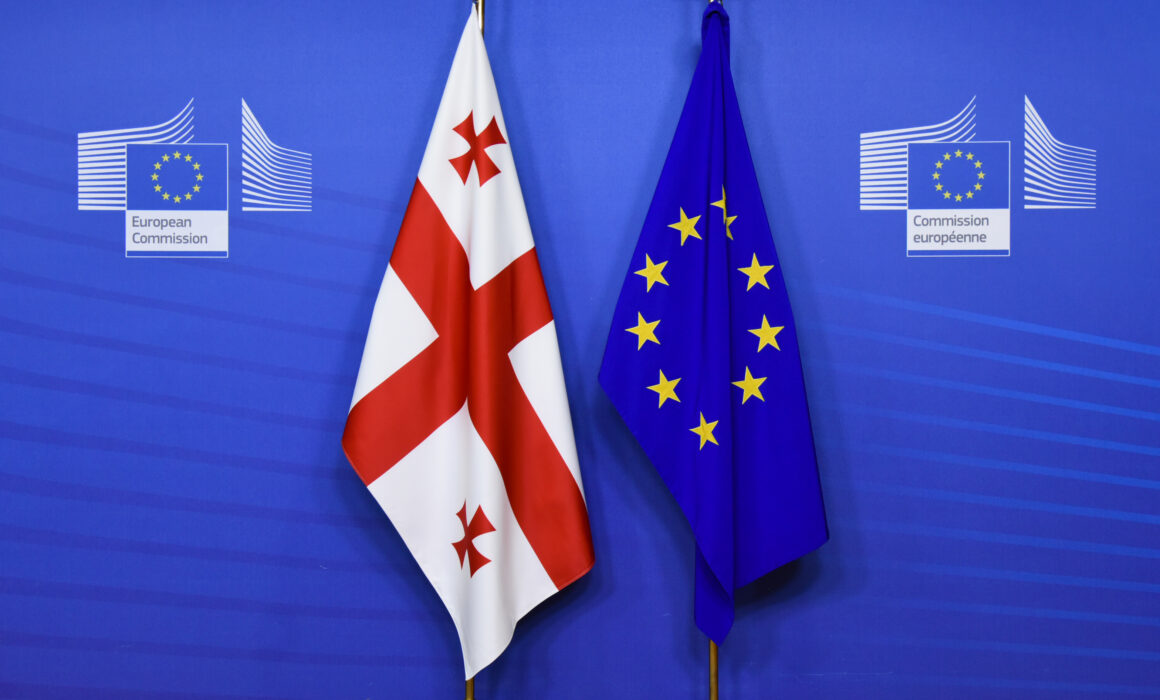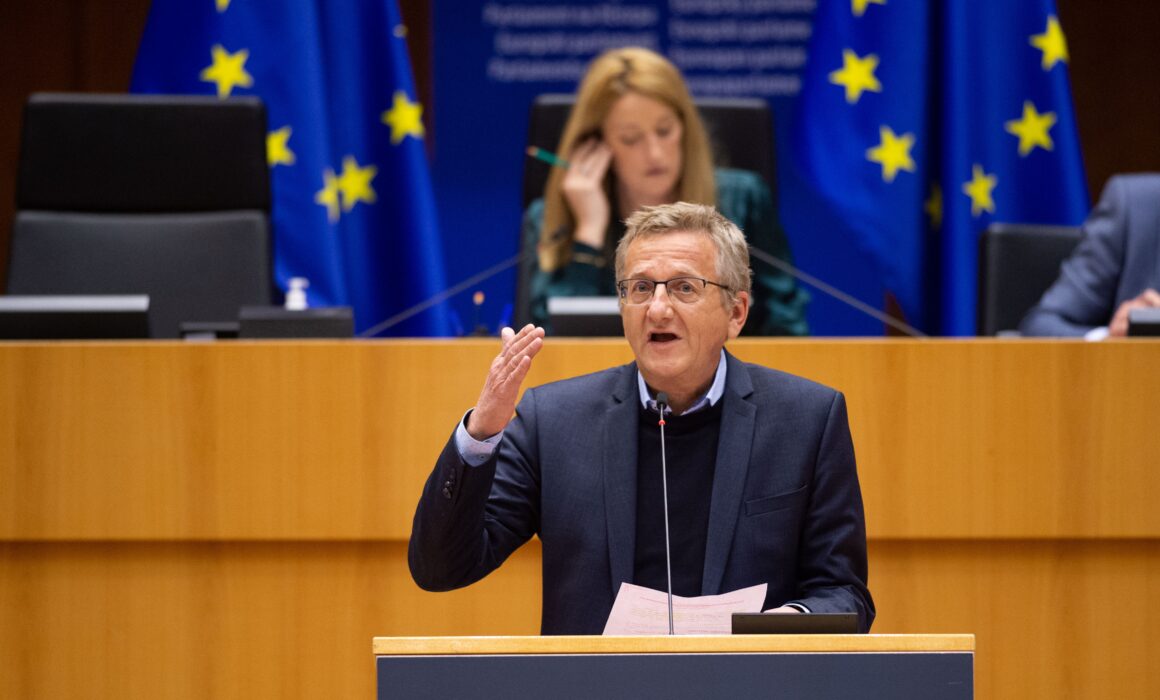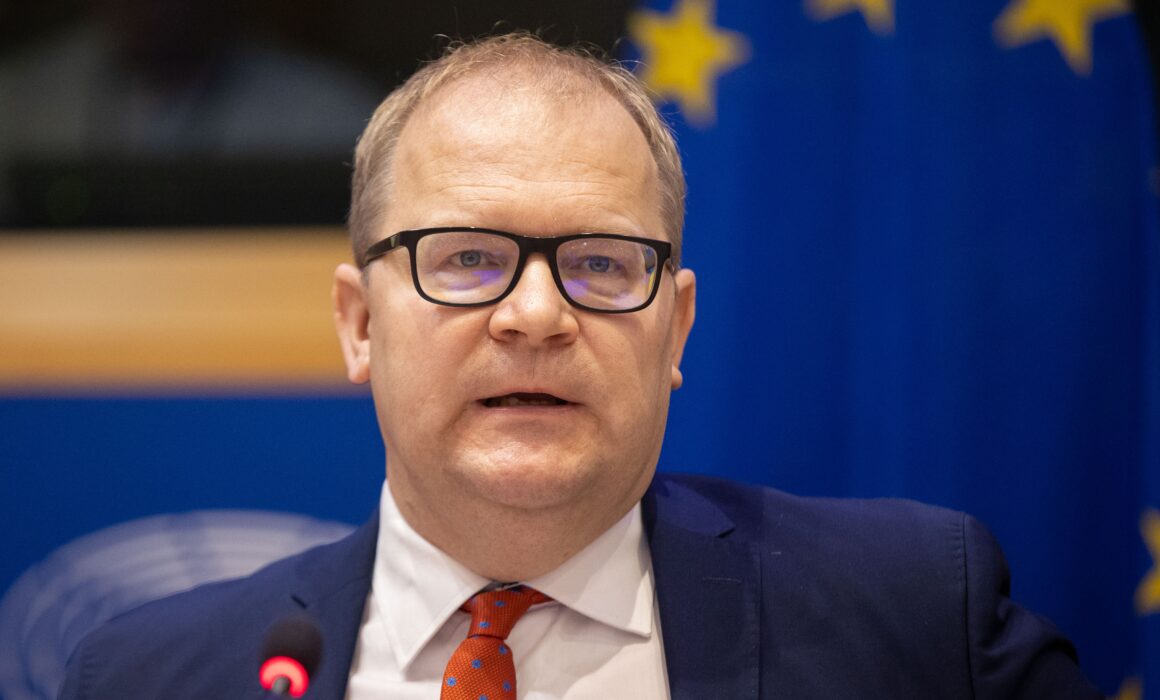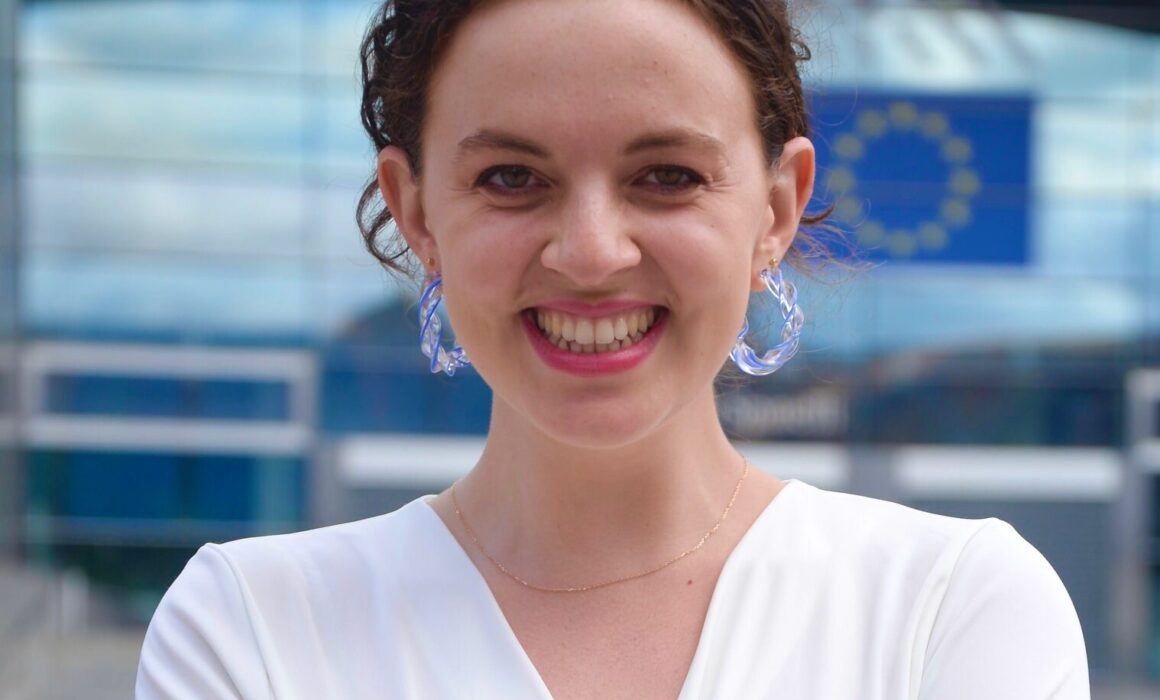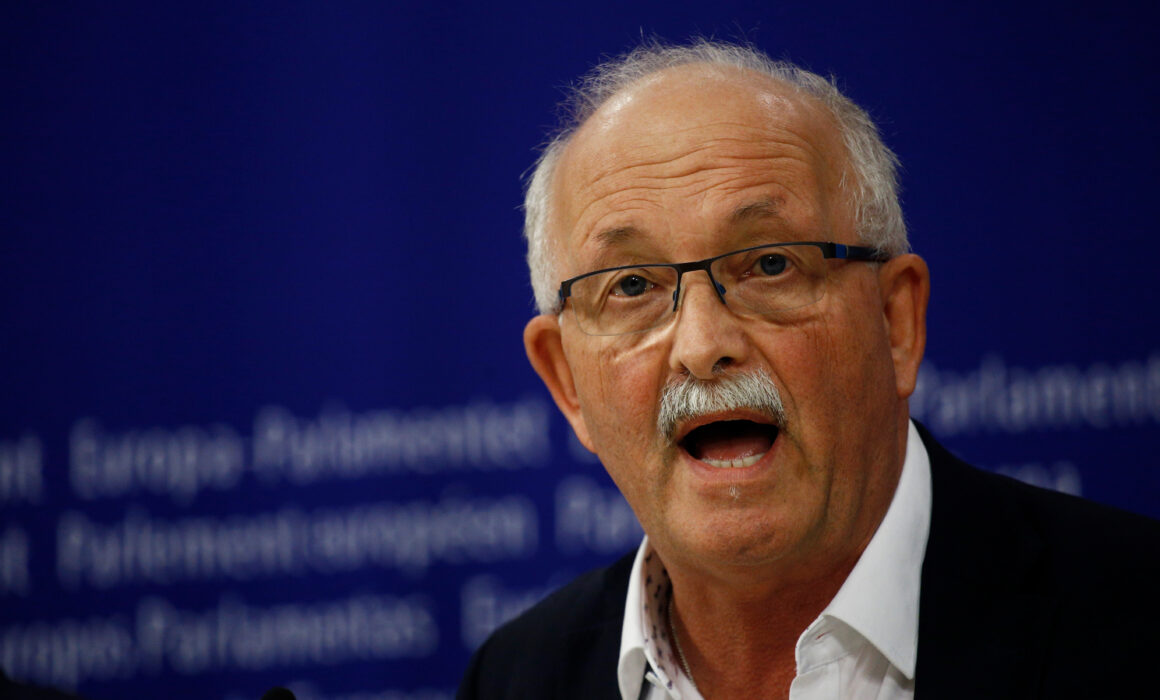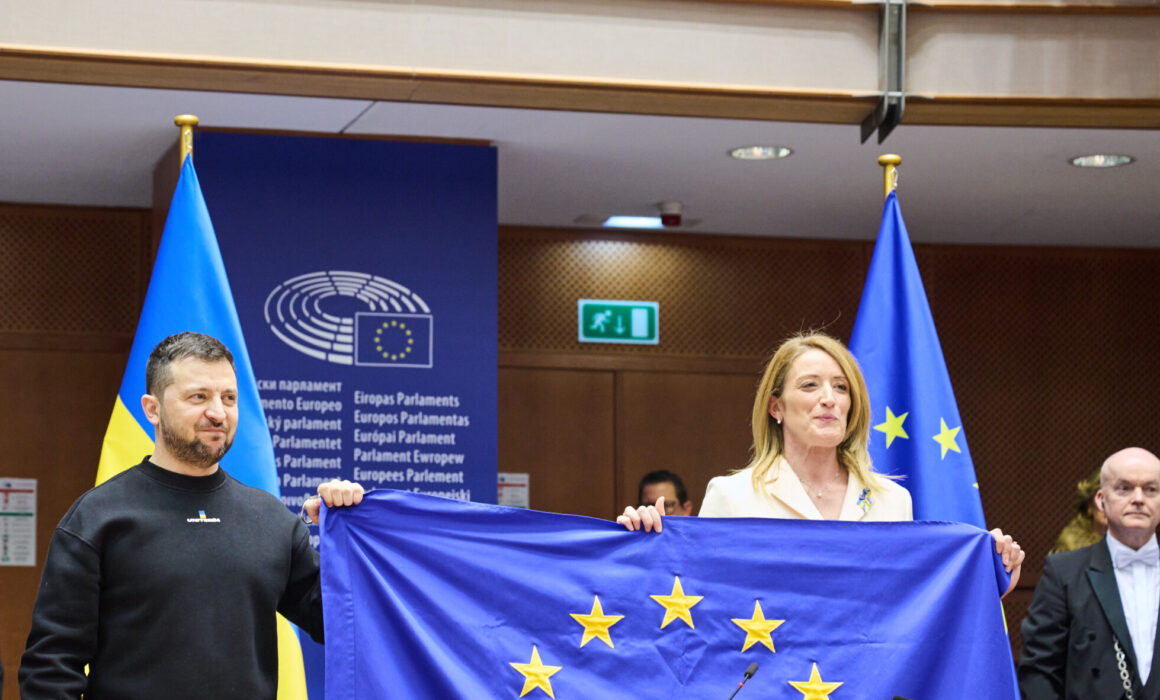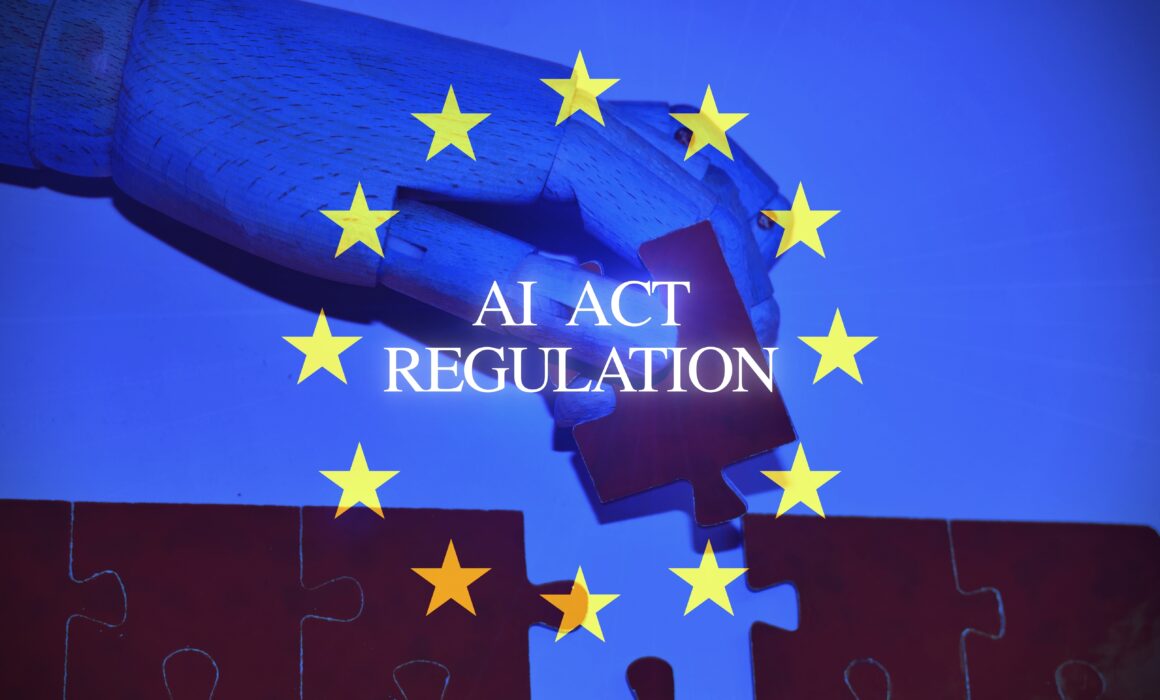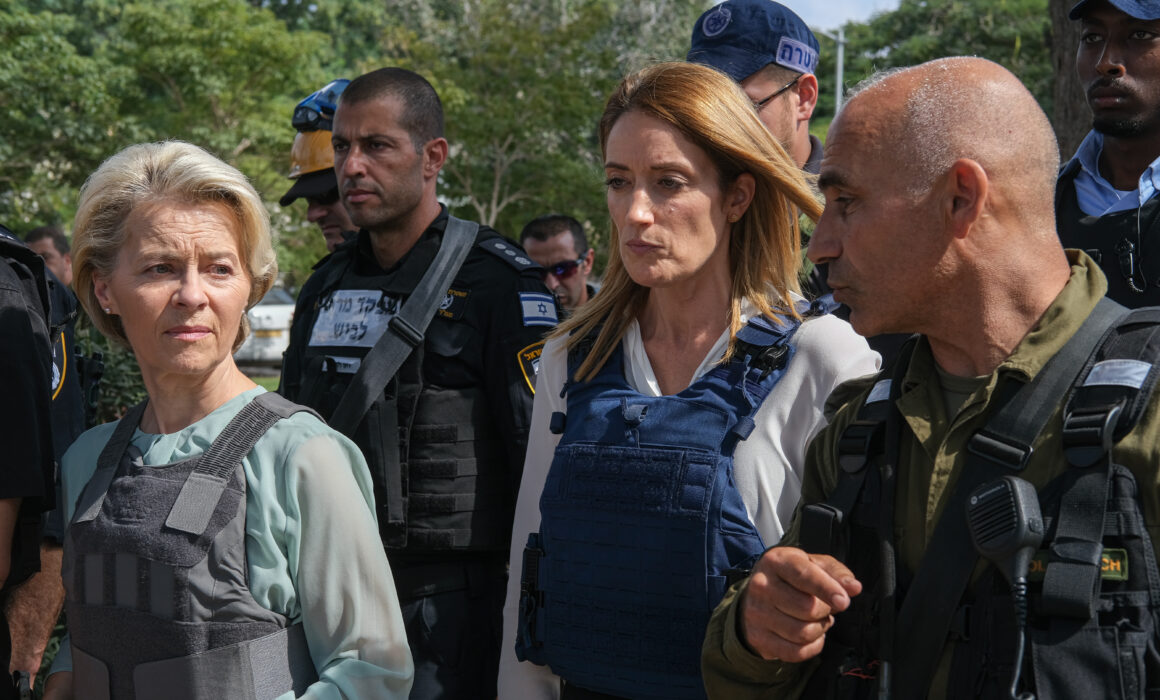EU foreign ministers approved further restrictive measures against 29 individuals Iran and three entities.
The European Union on 14 November adopted further sanctions against individuals and entities in Iran following the regime’s continued crackdown on peaceful protesters. Meeting in Brussels, the Council of Foreign Affairs Ministers unanimously approved a bill adding 29 more Iranian individuals and the entities to the Union’s sanctions list. Assets of the ones concerned that held in one of the 27 EU countries will be frozen with immediate effect and those listed will no longer be able to travel to Europe.
Names of newly sanctioned Iranians
The EU designations include four members of the squad that arbitrarily arrested Mahsa Amini, provincial heads of the Iranian Law Enforcement Forces (LEF), which was already sanctioned earlier, and of the Islamic Revolutionary Guards Corps (IRGC). Individuals now sanctioned include IRGC commander Kiyumars Heidari for his role in the brutal repression of the recent protests.
In addition, the EU designated Iranian state television broadcaster Press TV responsible for producing and broadcasting the forced confessions of detainees. Moreover, the Council listed Vahid Mohammad Naser Majid, the head of the Iranian Cyber Police, for his responsibility in arbitrarily arresting people for expressing online criticism of the Iranian regime. Finally, the EU also designated Iran’s Minister of Interior, Ahmad Vahidi. The list of those subject to EU sanctions in the context of the existing Iran human rights sanctions regime now comprises a total of 126 individuals and 11 entities.
EU WATCH OPINION: Why the EU should adopt a tougher stance towards Iran
— EU Watch (@EUWatchBrussels) October 25, 2022
“Borrell should ask himself: Has diplomacy not run its course, after years of failed efforts to rein in Iran’s uranium enrichment activities?”https://t.co/SHRUJ3ulcZ
German Foreign Minister Annalena Baerbock had confirmed the ministers’ decision on Twitter on Monday morning. The measures would focus on the power circle of Iran’s Islamic Revolutionary Guard Corps and its access to funding. “No one in Tehran, Mashhad or Isfahan should believe they can commit crimes without facing consequences. Europe and the world are watching, we will stay vigilant and bring more [sanction] listings on the way,” Baerbock wrote on Twitter.
Before the meeting in Brussels, Luxembourg’s Foreign Minister Jean Asselborn announced that the EU’s move would in all probability be followed by additional steps. “We will today do what we can do and issue over 30 sanctions. I know that the sanctions policy is not what makes the world a better place, but we have no other means,” Asselborn told reporters.
The EU's new sanctions package is set to target Iranian individuals and entities.
— EU Watch (@EUWatchBrussels) November 9, 2022
But, how effective are these types of sanctions?
Read our article on the Iran sanctions, including reactions from @GLNoronha, and @WaszczykowskiW. https://t.co/pMNZSKkTnQ
“75 million Iranians are scared to death”
He sharply criticised the Iranian regime, especially for the fact that demonstrators now face the death penalty. “Some 80 million people live in Iran, 75 million of them are probably scared to death. Young people in particular don’t want to go on living like this”, Asselborn went on to state. Iranian parliamentarians and judges had to be targeted for future sanctions by the EU, he added, because they were now imposing the death penalty.
In October, the European Union had already adopted human rights-related sanctions against a total of 11 Iranian officials and four state institutions. Among them were Iran’s so-called Morality Police as well as the state’s law enforcement agency. The protests were sparked by the death of 22-year-old Kurdish woman Mahsa Amini in the custody of the Morality Police in September. Several hundred protesters have since died in Iran, according to media reports.
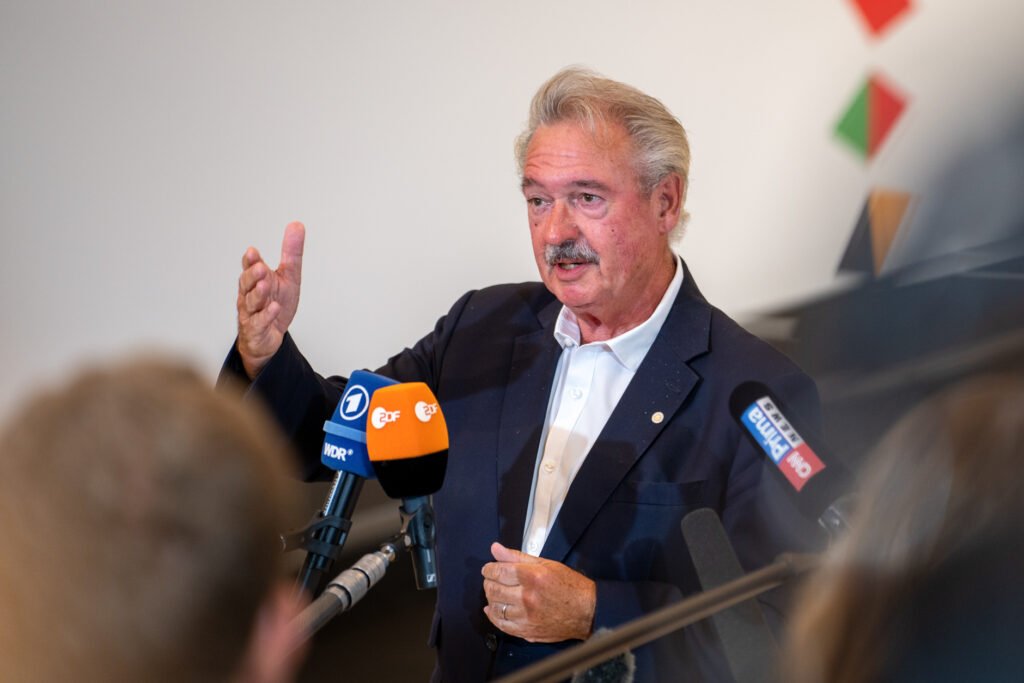
The European Union’s foreign affairs chief Josep Borrell, who chairs the Council of foreign ministers, said he had held a telephone call with Iranian Foreign Minister Hossein Amirabdollahian over the weekend. The sanctions as well as a possible revival of the 2015 JCPOA nuclear agreement had been discussed, Borrell said. The negotiations were currently at a standstill and “not on a good track”, he added, but work to restore the agreement was continuing despite the current events in Iran.
Borrell said he pointed out to Amirabdollahian that the EU had “clear evidence” that Tehran had supplied combat drones to Russia that were being used against targets in Ukraine, Borrell said. Iran’s foreign minister had admitted to this last week, after weeks of denials from both Tehran and Moscow. The EU recently imposed some restrictive measures on Iran for the latter’s support of Russia’s war of aggression on Ukraine; further sanctions could follow.
Author: Michael Thaidigsmann
Our most recent news
Former Estonian Foreign Minister: “We should make Russia understand that the West is not weak anymore”
In our most recent podcast edition of “EU Matters”, the Vice-Chair of the Foreign Affairs Committee of the European Parliament and former Estonian foreign minister, Urmas Paet, talks about the threat of Russia to Europe and the West’s support for Ukraine, as well as the recent developments in the Middle East between Israel and Iran.
Avital Grinberg appointed as General Manager of EU Watch
BRUSSELS – EU Watch announces the decision to appoint Avital Grinberg as the new General Manager, succeeding Michael Thaidigsmann at the helm of the organisation.
Veteran Socialist lawmaker: “We always knew that the EU would come under attack from guys like Putin”
German MEP Udo Bullmann talks about the importance of human rights in EU’s foreign policy, the EU as a player on the world stage and foreign interference in EU politics.
EU’s pivotal steps toward Ukraine, Moldova, and Georgia: A personal perspective on the region’s historic shift
Professor Cristina Vanberghen delivers her opinion on the European Council’s decision to green-light negotiation talks with Ukraine and Moldova.
EU Sets Global Standard for AI Regulation
Professor Cristina Vanberghen delivers her analysis of the EU AI Act, which regulates the use of Artificial Intelligence in the Union.
Enhancing our understanding of the EU’s role in the Middle East
Professor Cristina Vanberghen delivers her analysis on the EU’s role in mediating Middle East conflicts.

